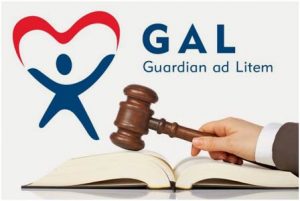Introducing children to a new romantic partner, or “paramour,” during or after a divorce is a delicate matter that should be approached with careful consideration and sensitivity to the children’s needs and emotions. Here are some factors to consider when determining the appropriate timing for such introductions:
- Stability and Adjustment: It’s generally recommended to wait until the divorce process has reached a point where the children have had time to adjust to the changes in their family dynamics and establish a sense of stability. Rushing into introductions too soon can add additional stress and emotional harm for children still grappling with the divorce.
- Seriousness of the Relationship: Introducing children to a new partner should be reserved for relationships that are serious and highly likely to endure. Children can be deeply harmed by the comings and goings of romantic partners, so it’s important to be very mindful about the emotional impact of introducing them to someone who may not turn out to be a long-term presence in their lives.
 Illinois Divorce Lawyer Blog
Illinois Divorce Lawyer Blog



